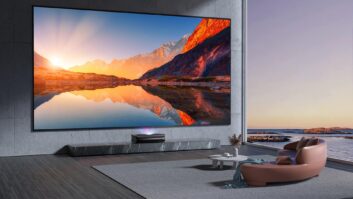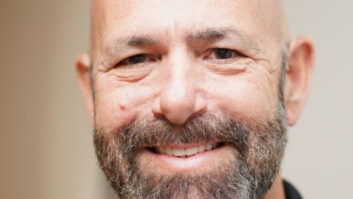Washington –
Testing required by the Federal Communications Commission (FCC) to determine
whether LightSquared’s planned 4G LTE network will interfere with GPS equipment
has found there will be “substantial interference,” a lobbying group contended
today.
“The test data
discussed today makes clear that there is substantial interference to GPS if
LightSquared turns on high-powered terrestrial facilities in the spectrum next
door to GPS,” said James Kirkland, a VP of Trimble Navigation and founding
member of the
.
The group consists
of companies in the aviation, agriculture, transportation, construction,
engineering, and surveying industries as well as suppliers of GPS-based
equipment and services.
Garmin, a maker of
commercial GPS equipment and portable navigation devices (PNDs), previously
conducted
its own limited tests
and has contended that the network will interfere
with consumer, commercial, and public-safety GPS equipment.
During a meeting
here sponsored by the federal government’s GPS advisory board, Kirkland said
the testing data “confirm what the industry told the FCC” and also “confirms
that there is no viable technical fix.” The FCC should stop “trying to find a
solution to an unfixable problem” and should “focus its efforts on finding spectrum
that LightSquared can operate in – where LightSquared won’t interfere with GPS.”
At the event,
Kirkland, government representatives and LightSquared discussed the results of
two separate tests conducted to measure interference to GPS receivers used in
aviation and other government applications.
In at least one
test, he contended, LightSquared didn’t deliver “test equipment that matches
its proposed operations, thus causing optimistic results – and even those
optimistic results showed interference.”
Kirkland stated, “No
one in the GPS industry opposes [LightSquared’s] goals of increasing wireless
data capacity and competition, but the available data has shown overwhelming
interference, and LightSquared should not be allowed to launch in the spectrum
adjacent to GPS.”
A report on the tests
is due to the FCC on June 15, when a public comment period will begin before
the FCC makes a final decision on whether LightSquared can begin building its
network.
LightSquared plans
a satellite- and terrestrial-based 4G network to provide terrestrial- and
satellite-based voice and data service on a wholesale basis to retailers, cable
operators, and other companies that want to offer service under their own
brand.
Best Buy has
entered into an agreement to resell LightSquared’s planned 4G LTE voice and
data service under its own Best Buy Connect brand. And carrier Leap Wireless,
which is building its own 4G LTE network, has entered into a roaming agreement
with LightSquared to extend the areas in which its users can access 4G.
The FCC late last
year granted a waiver to let LightSquared build the terrestrial network in the
1,525MHz to 1,559MHz L-band, which was previously reserved only for satellite
service. The FCC, however, made the waiver contingent on LightSquared and the
GPS industry resolving any potential interference problems.













